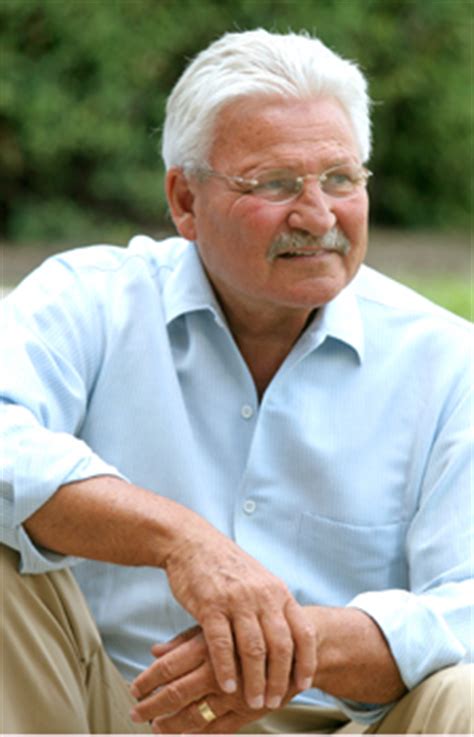A Quote by Aleksandr Solzhenitsyn
European democracy was originally imbued with a sense of Christian responsibility and self-discipline, but these spiritual principles have been gradually losing their force. Spiritual independence is being pressured on all sides by the dictatorship of self-satisfied vulgarity, of the latest fads, and of group interests.
Related Quotes
The self-discipline of the Social Democracy is not merely the replacement of the authority of bourgeois rulers with the authority of a socialist central committee. The working class will acquire the sense of the new discipline, the freely assumed self-discipline of the Social Democracy, not as a result of the discipline imposed on it by the capitalist state, but by extirpating, to the last root, its old habits of obedience and servility.
Running is the classical road to self-consciousn ess, self-awareness and self-reliance. Independence is the outstanding characteristic of a runner. He learns the harsh reality of his physical and spiritual limitations when he runs. He learns that personal commitment, sacrifice and determination are his only means to betterment. Runners get promoted only through self-conquest.
At their best, religious and spiritual communities help us discover this pure and naked spiritual encounter. At their worst, they simply make us more ashamed, pressuring us to cover up more, pushing us to further enhance our image with the best designer labels and latest spiritual fads, weighing us down with layer upon layer of heavy, uncomfortable, pretentious, well-starched religiosity.
Everyone has a self-destructive nature in them. It's whether you feed it or not. You don't have to be a pop star to feel connected to destruction or self-destruction. But self-destruction is self-obsession, and self-obsession is not really possible if you're engaged in raising children. And if you have a spiritual life, you're constantly being asked to see yourself as one small fragment in the bigger picture.
All the classical meditation traditions, in one way or another, stress nonattachment to the self as a goal of practice. Oddly, this dimension is largely ignored in scientific research, which tends to focus on health and other such benefits. I suppose the difference has to do with the contrast in views of the self from the spiritual and scientific perspectives. Scientists value the self; spiritual traditions have another perspective.
We could become quite satisfied with ourselves because we are sitting in meditation and are endeavoring to practice the spiritual path. Such satisfaction with ourselves is not the same as contentment. Contentment is necessary, self-satisfaction is detrimental. To be content has to include knowing we are in the right place at the right time to facilitate our own growth. But to be self-satisfied means that we no longer realize the need for growth. All these aspects are important parts of our commitment and makes us into one whole being with a one-pointed direction.
Concentration is not thinking of one thing. On the contrary, it is excluding all thoughts, since all thoughts obstruct the sense of one's true being. All efforts are to be directed simply to removing the veil of ignorance. Concentrating the mind solely on the Self will lead to happiness or bliss. Drawing in the thoughts, restraining them and preventing them from straying outwards is called detachment (vairagya). Fixing them in the Self is spiritual practice (sadhana). Concentrating on the heart is the same as concentrating on the Self. Heart is another name for Self.
It behooves our citizens to be on their guard, to be firm in their principles, and full of confidence in themselves. We are able to preserve our self-government if we will but think so. - Thomas Jefferson Too much of our emphases and struggle has simply been in terms of confrontation and not enough recognition of how much spiritual, moral force is involved in the people who are struggling.
I am very much into politics, but what interests me is sacred principles applied to that area. You know, many people are interested in alternative health who are never going to become doctors, or practitioners. That is how I am about politics. I am interested in the intersection of the Spiritual and the political - how spiritual principles apply to the social and political issues of our day. For me, the spiritual realm, is a more powerful place to speak from on those issues.





































